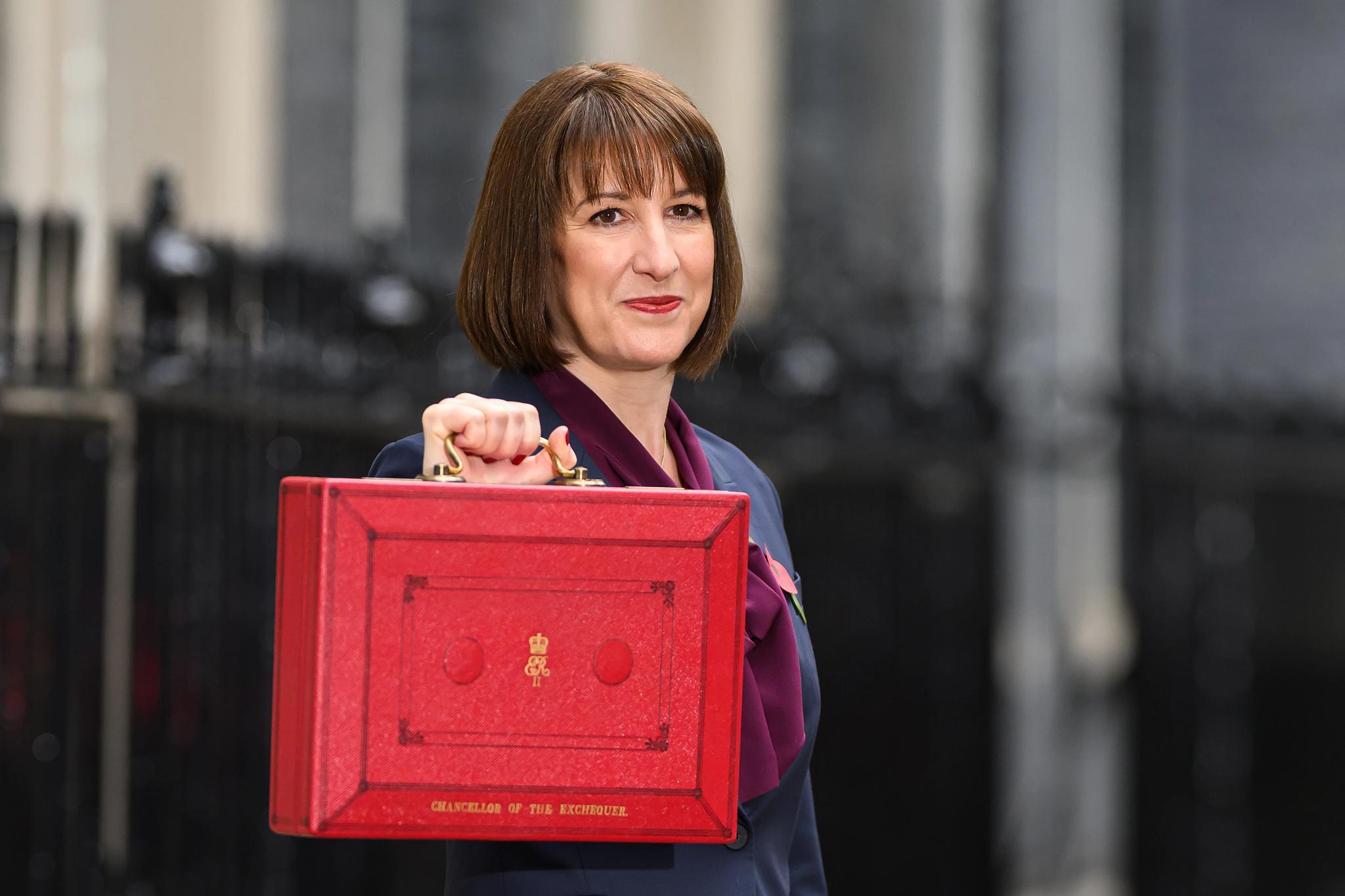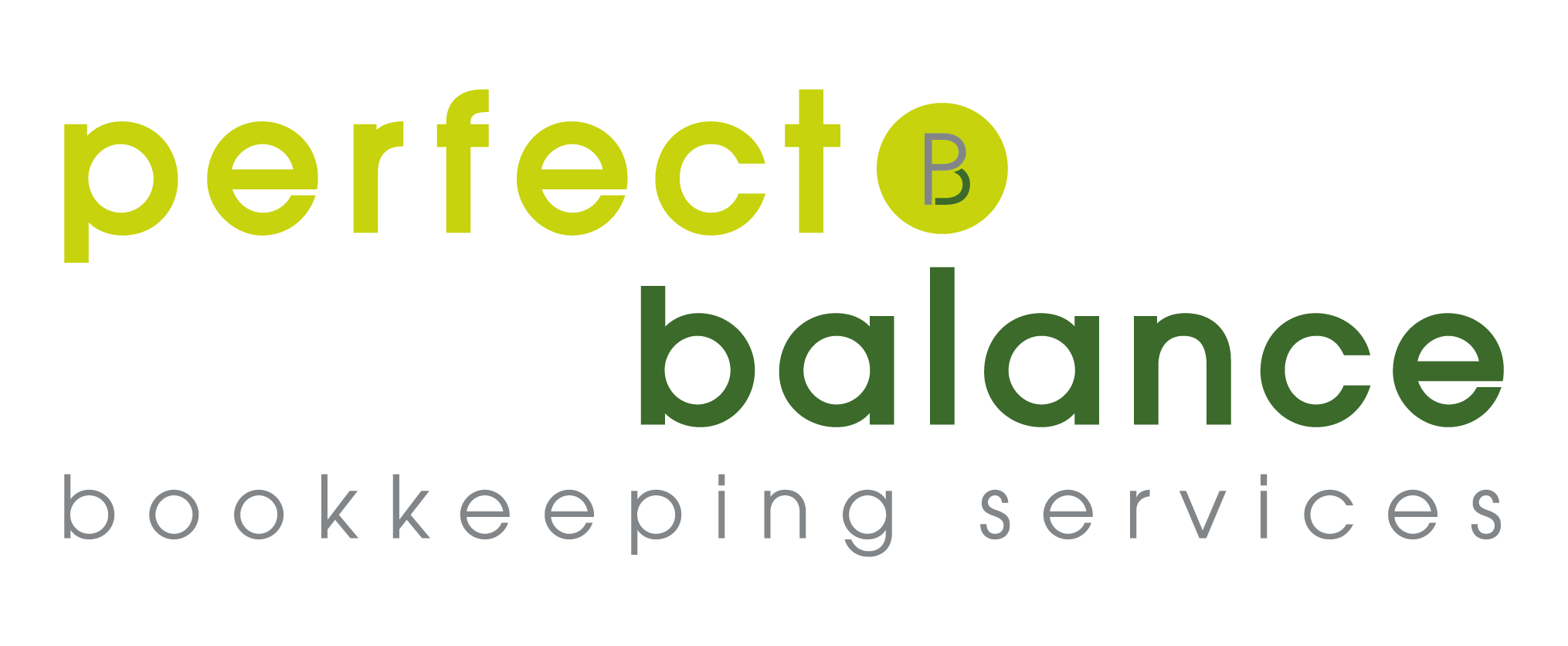Chancellor Rachel Reeves has delivered Labour’s first Budget since 2010, after the party’s return to power in July’s general election.
This latest Budget introduces a series of changes that will have a substantial impact on small businesses.
Here’s a look at some of the key updates and what they mean:

National Insurance contributions (NIC) increase
-
What’s changing: From April 2025, employers will face a 1.2% increase in National Insurance contributions, raising the rate to 15%. Additionally, the primary threshold for NI contributions will drop from £9,100 to £5,000.
-
Impact: Employers will pay National Insurance on lower earnings, though the employment allowance will increase from £5,000 to £10,500, helping many small businesses offset these costs. The government estimates this change will exempt 865,000 employers from NI contributions, with over 1 million businesses seeing no net increase from the previous year.
Minimum wage increases
- What’s changing: The National Living Wage for workers over 21 will increase by 6.7% in April 2025, to £12.21 per hour, while the National Minimum Wage for 18- to 20-year-olds will rise by 16% to £10 per hour.
- Impact: This change will impact payroll costs for small businesses employing minimum-wage workers. Although it supports workers, small businesses may need to adjust budgets or staffing levels to accommodate the rise.
Business Rates update
- What’s changing: The current 75% discount on business rates will be reduced to 40% starting in April 2025, with a cap of £110,000 on the discount. From 2026-27, there will be permanently lower business rates specifically for high-street retail, hospitality, and leisure properties.
- Impact: This reduction in the discount may increase costs for small businesses, especially those outside of the specified high-street sectors. However, the new permanent rate relief from 2026 could provide long-term support to small businesses operating in qualifying sectors.
Fuel Duty frozen
- What’s changing: The government has announced a freeze on fuel duty, meaning that planned increases will not go into effect.
- Impact: For small businesses, especially those with significant transportation or delivery needs, this freeze helps keep fuel costs stable, which can ease some financial pressure amid other rising costs introduced in the Budget.
Capital Gains Tax (CGT) adjustments
- What’s changing: Capital Gains Tax rates are increasing, with the basic rate rising from 10% to 18% and the higher rate from 20% to 24%. Business Asset Disposal Relief and Investors’ Relief rates will increase to 14% in April 2025 and align with the lower main rate of 18% in 2026.
- Impact: For small business owners considering selling assets or shares, these higher CGT rates may affect decisions on timing and strategy, potentially raising the tax burden on asset disposals.
Making Tax Digital (MTD) expansion
- What’s changing: The government confirmed an expansion of Making Tax Digital requirements for businesses with income over £20,000 per year.
- Impact: Small businesses will need to ensure their accounting processes are compatible with MTD requirements, which could involve adopting new software or improving digital record-keeping practices.
Enhanced HMRC compliance and interest rate on overdue tax
- What’s changing: HMRC will increase its compliance checks and raise interest rates on overdue taxes.
- Impact: Small businesses with tight cash flows should be mindful of timely tax payments to avoid penalties, as late payments will incur higher interest.
In conclusion, the budget introduces several changes aimed at increasing government revenue while offering targeted support to certain sectors. Small businesses will need to adapt to rising National Insurance contributions, higher minimum wages, and increased tax rates on capital gains. While some measures, like the enhanced employment allowance and lower business rates for select sectors, offer relief, small businesses may need to review budgets and payroll processes to manage these new financial pressures.
If you want to speak to anyone about the budget and what this means for your business, please feel free to contact us and if we cannot help directly, we will be sure to recommend someone to speak to, to make sure you get the very best advice.
